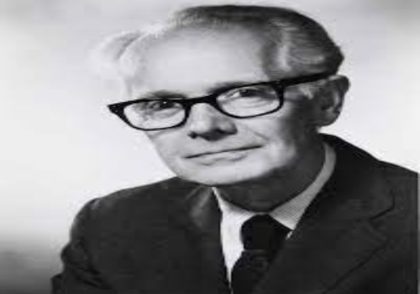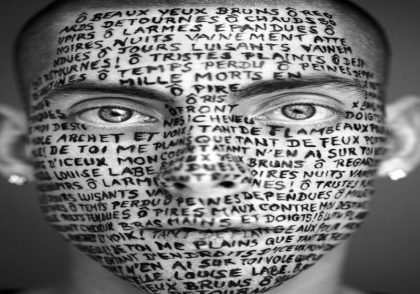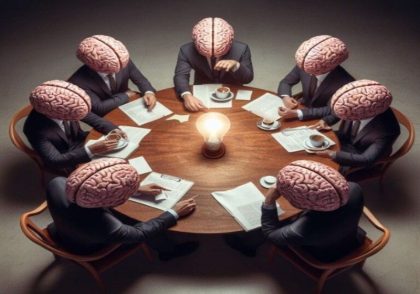What is the ”Ego”?

Structural Model of Personality: Id, Ego, and Superego
Id
According to Sigmund Freud’s psychoanalytic theory, the Id is the most primitive part of the human personality, present from birth. It operates based on the pleasure principle, seeking immediate gratification of basic drives and needs without regard for reality or social appropriateness. For example, when an infant is hungry, the Id demands food and causes the child to cry until this need is satisfied. The Id is impulsive, irrational, and entirely self-centered, caring only for its own satisfaction.
Ego
As the infant grows and interacts with the external world, the Ego develops, typically within the first three years of life. The Ego functions according to the reality principle, mediating between the impulsive demands of the Id and the constraints of the real world. It understands that immediate gratification is not always possible or socially acceptable. The Ego thus works to satisfy the Id’s desires in realistic and socially appropriate ways, balancing internal drives with external demands.
Superego
By around the age of five, the Superego emerges as the moral and ethical component of personality. It internalizes societal rules, parental standards, and cultural norms, functioning as the individual’s conscience. The Superego strives for perfection and judges actions as right or wrong, enforcing moral behavior and generating feelings of guilt or pride.
Role of the Ego in Maintaining Balance and Defense Mechanisms
The Ego plays a critical role in balancing the often conflicting demands of the Id, the Superego, and reality. This balance is essential for psychological health and adaptive functioning.
To protect itself from anxiety and internal conflict, the Ego employs various defense mechanisms, unconscious psychological strategies that help manage distressing emotions and thoughts. Some common defense mechanisms include:
-
Repression: Keeping disturbing thoughts out of conscious awareness.
-
Denial: Refusing to acknowledge reality or facts.
-
Displacement: Redirecting emotions from a threatening target to a safer one.
-
Projection: Attributing one’s unacceptable thoughts or feelings to others.
-
Rationalization: Justifying behaviors or feelings with logical reasons, avoiding true explanations.
-
Reaction Formation: Acting in a manner opposite to unacceptable impulses (known as “reaction formation”).
A strong Ego effectively manages these conflicts and defense mechanisms, allowing an individual to function in a realistic, flexible, and socially appropriate manner. Conversely, a weak Ego may result in impulsive behaviors, anxiety disorders, or rigid moral judgments.
References
-
Britannica Editors. (2023). Ego. Encyclopaedia Britannica. Retrieved from https://www.britannica.com/topic/ego-philosophy-and-psychology
-
AllPsych Staff. (n.d.). Ego. AllPsych Online. Retrieved from https://allpsych.com/psychology101/personality/ego/







Leave a Reply